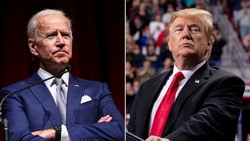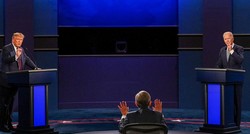Finland became the newest member of NATO on April 4, making it the 31st member of the treaty alliance. Finland borders Russia, and is geographically located in close proximity to Ukraine.
Following the Russian invasion of Ukraine early last year, Finland applied for NATO membership in May of 2022. Finland’s Prime Minister Sauli Niinistö justified Finland’s reason for seeking membership on the lines of Russia no longer respecting non-aligned countries, telling the press, “There’s not very much room for nonaligned in between.” Realizing the dangers posed by being a non-aligned country at a time where Russia is at war with their neighbors, Niinistö furthered, “Joining NATO is good for Finland, it is good for Nordic security and it is good for NATO as a whole.”
Countries who seek membership in NATO have to demonstrate that they meet certain military, economic, and political criteria in alignment with the goals of NATO countries. They must have democratic styles of government, as well as democratic military relations.
NATO’s “open door policy” is given in the Article 10 of the North Atlantic Treaty, and it states that any “European state in a position to further the principles of this Treaty and to contribute to the security of the North Atlantic area” can be granted membership only when a unanimous agreement among all states is made.
Jens Stoltenberg, the Secretary General of NATO, stated to press in response to Finland’s accession to the alliance, “President Putin wanted to slam NATO’s door shut. Today we showed the world that he failed, that aggression and intimidation do not work. Instead of less NATO, he has achieved the opposite: more NATO. And our door remains firmly open.”
Sweden also applied for NATO membership alongside Finland for the same reasons. Sweden’s membership has yet to be granted due to objections from Turkey, stalling their joining of the alliance. As all nations must support other nations joining the Alliance, it is unclear whether Sweden will be granted membership.
“An expansion of NATO gives me hope that President Putin might lessen military measures as the alliance has grown even more powerful,” said political science student Janet Teuful. “However, I also think Putin might see this as a threat, as if he’s been backed into a corner.”
Expanding NATO to Finland has increased NATO’s military power, but in future times, could provoke an unsatisfactory response from Russia, especially with its close proximity to the nation. However, it is expected that the deterrence factor of NATO’s Article V will hold the fragile peace in Eastern Europe.


